Keywords: Gifts
There are more than 200 results, only the first 200 are displayed here.
-
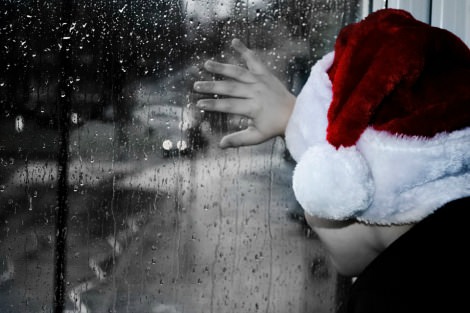
ARTS AND CULTURE
- Barry Gittins
- 06 December 2016
5 Comments
Cricket games, feasts, the origami orgy of Christmas present wrappings rent asunder ... the underlying truth in all of this, for many of us, is deep emotional pain and loneliness that's gone unheard, unnoticed, all year. Family is both a lodestone and a millstone at Christmas. It's a truth magnified by aspirational love. As Pope John XXIII once said, cutting close to home, 'Mankind is a great, an immense family. This is proved by what we feel in our hearts at Christmas.' It's a big ask that carries a price.
READ MORE 
-

ARTS AND CULTURE
- Marlene Marburg
- 05 December 2016
5 Comments
Please god of the fit and strong, forbid we should become 'the un-lucky country'. Help us to conjure the nerve to say, There is no room for you here in Australia. No vacancies. All full up. You will be turned away while you are trying to give your family respite from poverty or war. We have no room for you. We are using our space for shops. And Christmas trees.
READ MORE 
-
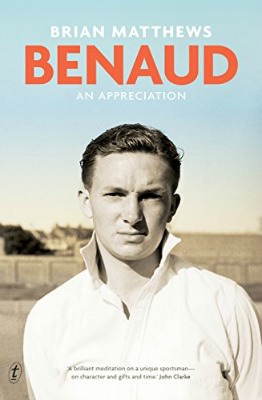
ARTS AND CULTURE
- Andrew Hamilton
- 15 November 2016
8 Comments
Climactic events demand we give an account of ourselves. Where were you when you heard that JFK was assassinated? Where were you when the planes went into the World Trade Centre? If we can't remember, we fear we may convict ourselves of reprehensible levity. In future years when I am asked what I was doing when Donald Trump was elected President, I shall have a ready answer: I was reading Brian Matthews' splendid reflection on Richie Benaud.
READ MORE 
-
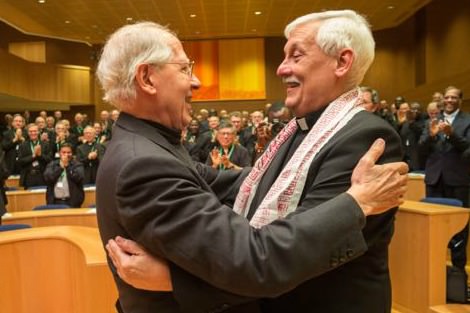
RELIGION
- Andrew Hamilton
- 07 November 2016
6 Comments
Ordinarily I wouldn't dare to say political leaders have anything to learn from Jesuits. But these are the kind of extraordinary times of anxiety and flux that led ancient rulers to consult oracles, read tea leaves and look at the flight of birds. People fret because their future and pockets rise and fall on the tide of of would-be presidents. In the sour slurry of discontent and puzzlement the election of a Venezuelan political scientist as international leader of the Jesuits provides material for broader reflection.
READ MORE 
-

ARTS AND CULTURE
- Max Richards
- 10 October 2016
9 Comments
'You'd be on the beach with me, dearest, and your favourite birds nearby as if making gifts of themselves to you. Sharing was what we were doing, and there seemed no end to it, though there would be, darkness coming on, no knowing when but not yet, not quite yet.' Poetry by Max Richards, who died after sustaining head injuries in a car accident in Seattle on 21 September.
READ MORE 
-
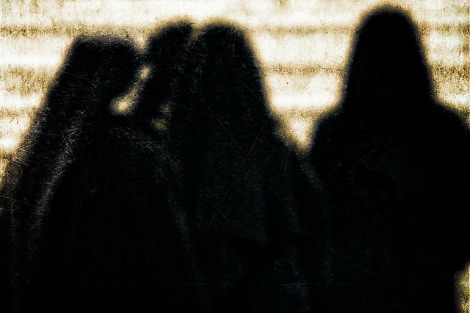
EDUCATION
I heard many interesting and sad and funny stories from this wonderment of nuns, this intensity of nuns, this insistence of nuns, but the story that stays with me is the nun who talked to me about the 50, count them 50, years she spent as a kindergarten teacher, in four schools, two of them quite rural, one quite urban, and one, she said, in the furthest outskirts of the city, the place where immigrants and migrants and really poor people live, the place where the bus route ends.
READ MORE 
-
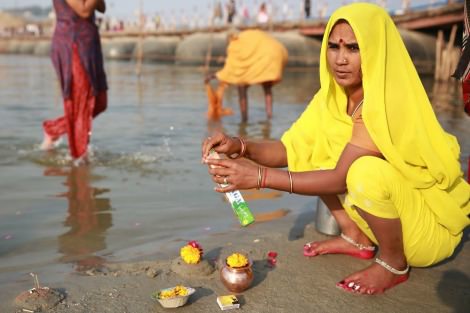
INTERNATIONAL
- Catherine Marshall
- 27 May 2016
3 Comments
In 2013 I attended an event so exclusive, so unique, it wouldn't happen again for another 144 years. It was the Maha Kumbh Mela in Allahabad, Uttar Pradesh, where, over a six-week period, an estimated 120 million Hindu pilgrims converged on the banks of the Ganges, Yamuna and mythical Sarasweti Rivers in order to perform puja, or the cleansing of their sins. If we're open to what travel seeks to teach us, we'll gain from it the most superior of educations, and the most profound lessons in humility.
READ MORE 
-
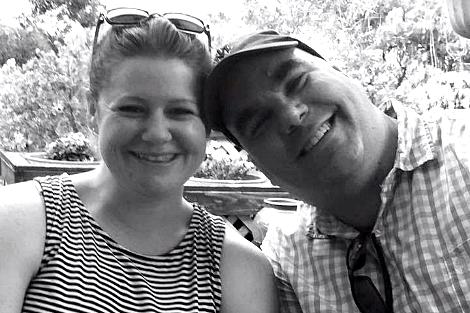
RELIGION
- Michael McVeigh
- 12 April 2016
16 Comments
As Pope Francis was releasing his long-awaited response to last year's Synod on the Family, my fiancé and I were taking part in a marriage preparation course, where we were told: 'Statistics tell us that one in three of your marriages will end in divorce ... while only a third of you will have a happy marriage.' If love is a type of craftsmanship, as Francis writes, then our hope is that day to day, with small and large acts of love, we can help each other become masters of our craft.
READ MORE 
-
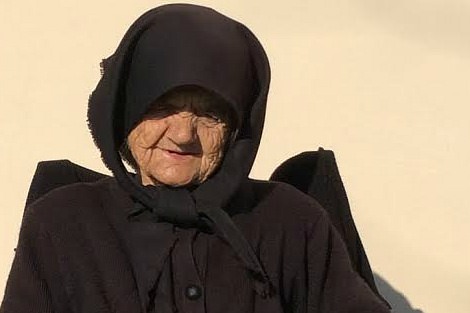
ARTS AND CULTURE
- Gillian Bouras
- 16 March 2016
9 Comments
It was a bright winter's day when we visited Iphigenia. Long widowed, she was meticulously turned out in black traditional outfit. Iphigenia is not sure how old she is; she thinks she is 86. Anglophones regularly make a hash of this beautiful name, the correct pronunciation of which is Ifeeyainya. But the ones I know are intrigued by the mythological character, who was ill-fated, to say the least. I soon learned that there had also been ample sorrow and trauma in the life of the modern Iphigenia, too.
READ MORE 
-

INTERNATIONAL
- Catherine Marshall
- 12 February 2016
3 Comments
My little sisters and I stand at the window and stare out at the passing world. The youngest is not yet two, and though she will grow to be six feet tall one day, for now she must stand on tiptoes to take it all in. We see children running beside the train, laughing and waving. My mother throws them the sandwiches left over from yesterday's lunch. Railway lines take the path of least resistance and the routes of most gain, and so they bring us right up close to the people who live alongside them.
READ MORE 
-
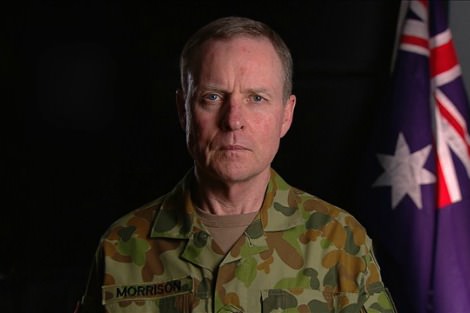
AUSTRALIA
- Justin Glyn
- 01 February 2016
9 Comments
Australia woke on 26 January to the news that David Morrison had been named Australian of the Year. One of the most striking features he displays is empathy. It is a quality in vanishingly short supply in public discourse, yet is fundamental. Unless we can put the individual on a broader canvass, our world view is incomplete. I am important, but unless you are recognised as being just as important as I, then you are just a plaything for me. My rights are bounded by your rights, your value as a person.
READ MORE 
-
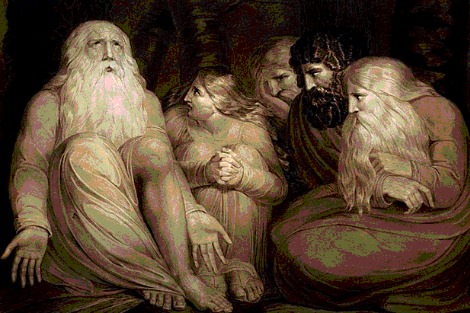
AUSTRALIA
- Gillian Bouras
- 29 January 2016
9 Comments
Nobel Laureate Isaac Bashevis Singer often made his characters ask the eternal questions, chiefly Why do we suffer? I can't profess to have any answers to this, except that it is obvious that 'time and chance happeneth to all'. Two examples of such happenings are the huge numbers of ill-fated refugees fleeing Syria and other trouble spots, and the needless death of young Sarah Paino of Hobart, wife and mother, who was killed when a speeding stolen car crashed into hers.
READ MORE 